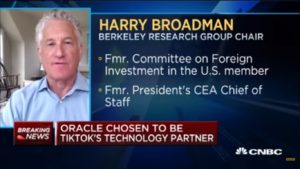For a while I thought I could live with the internet censorship, or our nanny as some call the grumpy old woman. While being irrational and wrong in itself, I would be able to find patterns I was sometimes even able to explain to outsiders.
For example, for a long time - apart from real emergencies - new IP-blocks would only get in place at the first working day of the month. This was all based on the basis principle of any bureaucracy: we take ourselves very serious, but do not like to work too hard.
By reducing the actual number of IP-blocks the Great Fire Wall (GFW) even became slight more efficient, since many newbies did not see a good reason to educated themselves on circumventing that wall.
But now the old woman has gone crazy and all my old certainties seem out of the window. First,
she blocked Feedburner. What sense does it make to block the world's largest producer of RSS-feeds? Maybe nanny wanted to punish Google, who bought Feedburner recently, for not joining the non-sensical declaration on self-discipline on the internet,
that was signed for the first time by Yahoo and Microsoft.
Now, today the English section of Wikipedia was closed again, and act that made really no sense to me. The problem of course when you cannot make sense out of it (unlike in my first example), the punishment does not make any sense. It only forces more angry users to get their proxies in place again.










